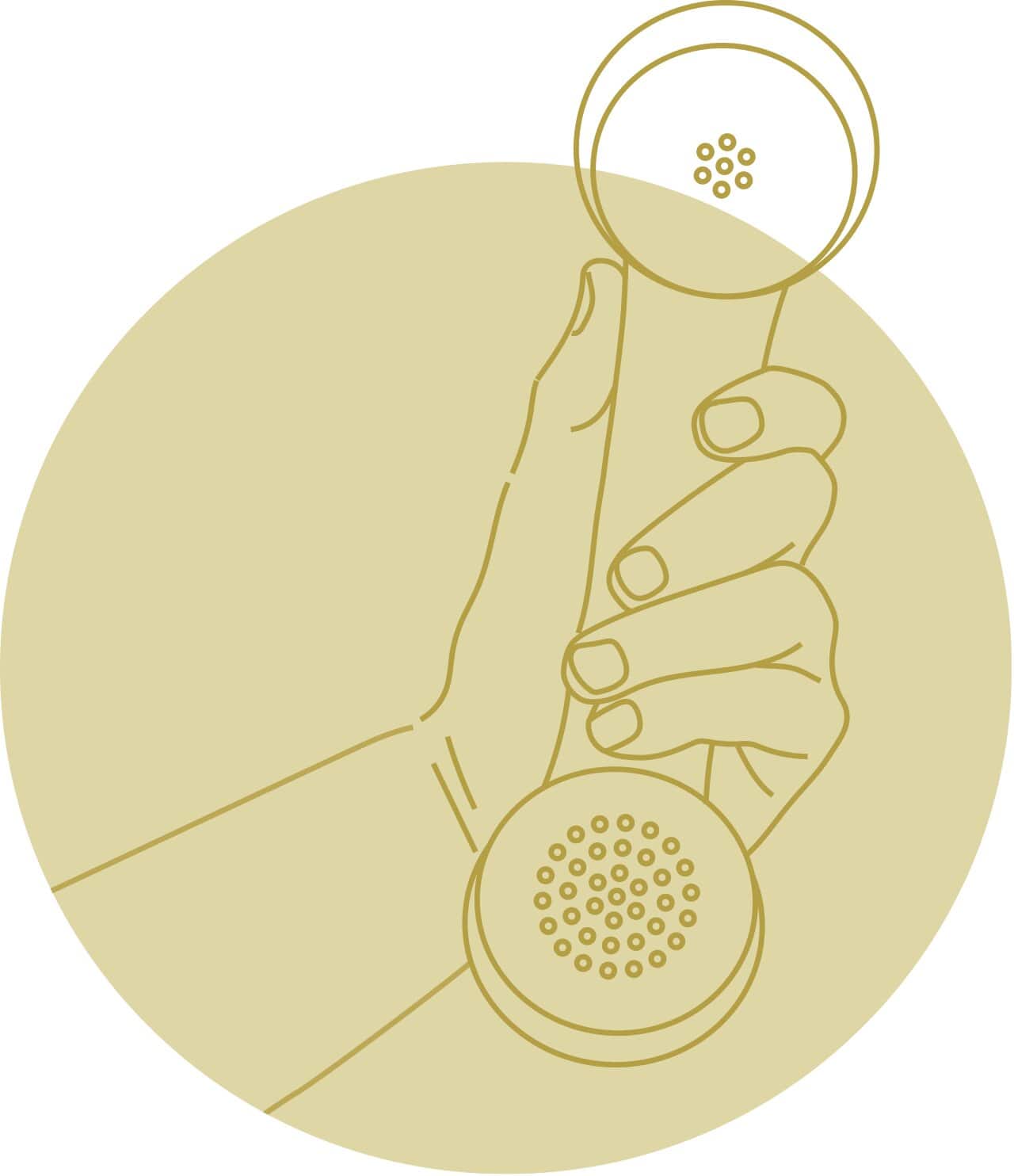
Geriatric dentistry, also known as gerodontics, is a crucial branch of dental care that focuses on the oral health of older adults. This specialized area addresses the complex dental needs of the aging population, which often include managing gum diseases, tooth loss, and the oral effects of chronic illnesses and medications. As the global population ages, the importance of geriatric dentistry in nursing homes is increasingly recognized in maintaining the overall health and quality of life for seniors.
The aging process naturally brings about various changes in oral health. Older adults often face issues like dry mouth (xerostomia), which can be a side effect of many medications commonly prescribed to seniors. This condition increases the risk of tooth decay and gum disease. Additionally, the wear and tear of dental materials over the years, such as fillings and dentures, require regular monitoring and maintenance. There is also an increased prevalence of systemic diseases like diabetes and heart disease in older adults, which can have significant oral health implications.
Nursing homes, where many seniors reside, play a vital role in addressing these dental concerns. The approach to tackling geriatric dental issues in these facilities involves a combination of on-site dental care, staff training, and collaboration with external dental professionals.
Firstly, many nursing homes now incorporate on-site dental services. These may include mobile dental units or dedicated dental rooms equipped with the necessary tools for basic dental care. This approach ensures that residents have easy access to dental check-ups and treatments without the need for transportation to external clinics, which can be challenging for those with mobility issues.
Staff training is another critical component. Nursing home staff are often trained to recognize common dental issues and understand basic oral hygiene practices. This training enables them to assist residents with daily oral care, identify potential problems, and make timely referrals to dental professionals.
Collaboration with external dental professionals is also essential. Nursing homes typically establish relationships with local dentists and dental specialists who can provide more complex dental treatments that cannot be handled on-site. These professionals often visit the nursing home to examine and treat residents, ensuring continuity of care.
In addition to these approaches, preventive care plays a significant role in geriatric dentistry within nursing homes. Regular oral health assessments, the use of fluoride treatments, and educating residents about maintaining good oral hygiene are key preventive measures. These actions help in reducing the incidence of dental problems, which can be particularly challenging to treat in older adults due to their overall health status and potential complications.
Moreover, nursing homes are increasingly adopting a holistic approach to geriatric dentistry. This involves considering the resident’s overall health, nutrition, and ability to maintain oral hygiene independently. Dietary modifications, for instance, can help in managing conditions like dry mouth and in preventing tooth decay.
Summing up, geriatric dentistry in nursing homes is a specialized field that addresses the unique dental needs of older adults. Nursing homes in the United States play a pivotal role in tackling these dental issues through a combination of on-site dental care, staff training, collaboration with external dental professionals, preventive measures, and a holistic approach to resident care. As the population continues to age, the integration of geriatric dentistry into the care provided in nursing homes will remain a critical aspect of ensuring the health and well-being of seniors.







